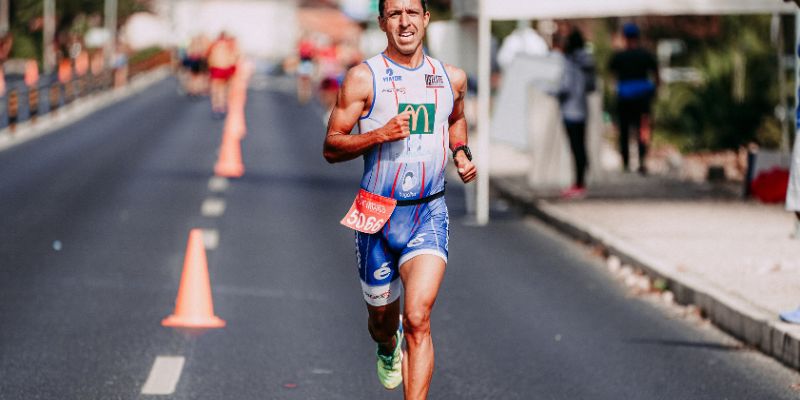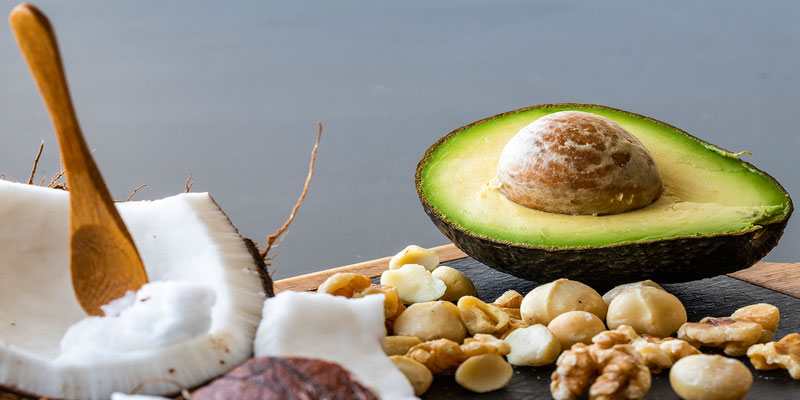Running is a journey to fitness, health, and accomplishment. No matter your running experience, the appropriate fuel can make all the difference. Think of your body like an automobile. For optimal performance, it needs the correct fuel.
What to eat before running? This guide covers simple and effective pre-, mid-, and post-run nutrition. This plan will improve your run. Simply put, this is advice to stay hydrated, energized, and ready to conquer the streets. So wear your shoes and prepare for a delectable vacation that will make running more exciting!

Pre-Run Nutrition:
Should you eat Before running in the morning? Pre-run nutrition is crucial. To maximize performance and endurance throughout your run, nourish your body with the correct nutrition. Pre-run nutrition neglect can cause weariness, low energy, and a poor running experience.
- Hydration: Pre-run nutrition relies on hydration. Water is essential for biological function and preventing dehydration during a run. Hydration preps your body for running, lowering weariness, cramping, and other performance concerns.
- Carbohydrates: Primary Energy Source: As your body's main energy source, carbohydrates dominate pre-run nutrition. Complex carbs like fruits, whole grains, and veggies provide sustained energy in your pre-run meal. This "carb-loading" enhances run endurance and performance by replenishing glycogen.
- Protein for Sustained Stamina: Pre-run nutrition emphasizes carbohydrates but also protein. A moderate protein intake in your pre-run meal boosts energy and muscular performance. Balanced foods like yogurt, almonds, and protein smoothies aid endurance and recovery.
- Customizing Pre-Run Nutrition: Different pre-run nutrition is needed. Individuals' bodies react differently to foods. It would help if you experimented to see what works for you. Test numerous combinations to find the best food balance for continuous energy without discomfort or digestive concerns during training runs.
- Best Pre-Run Nutrition Timing: Time your pre-run nutrition to maximize its advantages. Ideally, eat 1-2 hours before running. The timeframe facilitates optimal digestion and nutrient translation into energy. To avoid fullness or stomach issues, avoid eating close to your run.

During-Run Nutrition
During your run, the importance of nutrition becomes clearer. Fueling is one part of maintaining energy, attention, and optimum performance throughout your run. Neglecting this might cause early weariness, decreased stamina, and a less enjoyable run.
- Hydrate Throughout: For best performance, hydration is crucial during your run. Dehydration from perspiration can be avoided by carrying a water bottle and taking short, regular sips. Staying hydrated during your run is essential for physical performance, cognition, and well-being.
- Simple Carbs for Fast Energy: Simple carbohydrates are excellent for running over an hour. Energy gels and chews provide fast energy. These choices quickly refuel glycogen stores for more prolonged exercise.
- Electrolytes for Balance: Running and sweating depletes salt and potassium. Add snacks to your run diet to maintain balance. A natural alternative, coconut water, hydrates and replaces electrolytes for sustained performance.
- Personalized Nutrition Choices: Every runner is different. Thus, during-run nutrition should be customized. Experiment during training to find your best options. Consider your body's reactions to other foods to ensure you have enough energy and hydration on the run.
- Listen to Your Body: Be mindful of your body's signals when running. Drink water if you're thirsty. Test your energy throughout longer runs and add simple carbohydrates for endurance. Adjusting your nutrition approach during the run for comfort and performance requires flexibility and responsiveness to your body's indications.
Post-Run Recovery:
After a run, the post-run phase begins a critical healing time. Your body needs post-run recovery to heal and adapt to the physical impact of running. Recognizing this period helps your body recuperate, reducing muscular discomfort and maximizing run benefits.
- Rehydration for Restoration: Rehydration is essential post-run. Hydration requires replacing fluids lost during running. Rehydration helps balance electrolytes and transfer nutrients to cells, speeding recovery.
- Restoring Glycogen with Carbs: After a run, glycogen levels are low. Post-run nutrition prioritizes replenishing these resources. Mixing complex and simple carbohydrates in your post-run meal is essential. Choose nutrient-dense foods like whole grains, fruits, or a recovery shake to fuel muscle regeneration and storage and boost body resilience.
- Protein for Muscle Repair and Growth: Post-run nutrition must include protein for maximum recovery. Lean proteins like chicken, fish, beans, or a protein shake help heal muscle micro-tears, speed recovery, and reduce post-run discomfort. Protein intake improves muscular health and prepares the body for exercise.
- Nutrient-Rich Snacking: Snacking after a run boosts recuperation. Try Greek yogurt with berries, peanut butter on a banana, or nuts. These nutritious snacks contain vitamins, minerals, and antioxidants to aid recovery and provide the building blocks for better health.
- Timing Matters: Optimizing post-run nutrition requires understanding the "30-minute window". During the "glycogen window," your body absorbs nutrients best. A well-balanced post-run meal or snack improves nutritional absorption, aiding recovery and readiness for future physical challenges.
What's the Most Common Running Fueling Mistake?
Eating too much or too little is the most common running fuelling mistake, especially before a run. Eating a big meal before running might cause stomach issues and pain because the body uses energy for digesting instead of running. Insufficient nutrition before a run can lead to low energy, early fatigue, and poor performance.
Eat a reasonable meal with carbs and protein 1-2 hours before running to find balance. That gives the body time to process and offers consistent energy without discomfort. Trying varied diets throughout training can help you find your body's optimal fit. Avoiding high-fiber or high-fat foods before a run and staying hydrated will also help prevent these feeding problems.
Conclusion:
As you gather your breath after a great run, realize your trip continues. Post-run nutrition is a time to refuel, recoup, and celebrate your accomplishments. Be simple, enjoy the tastes, and celebrate tiny triumphs. Nice runs and healthy eating lead to a healthier you. Make your pre-run flavor pep lecture, mid-run energy boost, and post-run victory feast delicious. Your body needs the utmost care, like a friend. Cheers to happier runs, tasty meals, and the satisfaction of making healthy, happy changes!







